Ūkis / Regionas
Ši kava atkeliauja iš Levi Dominguez ūkio, esančio Jaeno provincijoje, Cajamarca regione. Tai trečias pagal dydį kavos regionas, esantis šiaurinėje Peru dalyje. Regioną sudaro vien tik Andų kalnų grandinė. Didelis aukštis virš jūros lygio 1850 -2000 m virš jūros lygio, vešlios džiunglės ir derlingas dirvožemis sukuria idealias kavos auginimo sąlygas.
XV a. inkų imperija išsiplėtė į dabartinį Cajamarkos departamentą ir įkūrė savo regiono sostinę Cajamarkos mieste, kuris šiandien yra departamento sostinė. Cajamarkos miestas yra vienas seniausių Pietų Amerikos miestų.
Kavos auginimas Cajamarca regione sutelktas aplink Jaeno miestą, esantį aukštai kalnuose. Iki Jaeno ir jo apylinkių driekiasi vakariniai Amazonės atogrąžų miškai. Cajamarca turi trylika provincijų, kurių daugelį kerta upės, tekančios iš aukštų Andų kalnų žemyn į derlingus upių baseinus.
Apdorojimas
Surinktos kavos vyšnios plaunamos ir apdorojamos Chacra Coffee Company stotyje. Tai naujas gamintojas, pradėjęs veiklą 2023 m. vasarą. Įmonės specifika ir specializacija, kavos apdorojimas po derliaus nuėmimo.
Chacra – tai ispaniškas Peru žodis, reiškiantis mažą ūkį. Tačiau įkūrėjams tai kur kas daugiau nei verslas. Iš esmės Chacra buria ir teikia maistą bendruomenei, kurios dalimi yra. Apdorojimo stotis dirba tik su atrinktais kavos gamintojais, daugiausia draugais ir kaimynais, visi jie atsidavę kavos gamybos amatui.
Ši partija apdorota drėgnuojų būdu. Šviežiai nuskintos kavos vyšnios, prieš plaunant, buvo fermentuojamos 24 valandas sandariose talpyklose. Po to kavos vaisiai buvo grąžinami į sandarias talpyklas ir dar 36 valandas fermentuojami anaerobinėje aplinkoje. Po to fermentuota kava buvo visiškai nuplauta ir 7-10 dienų džiovinta pavėsyje.


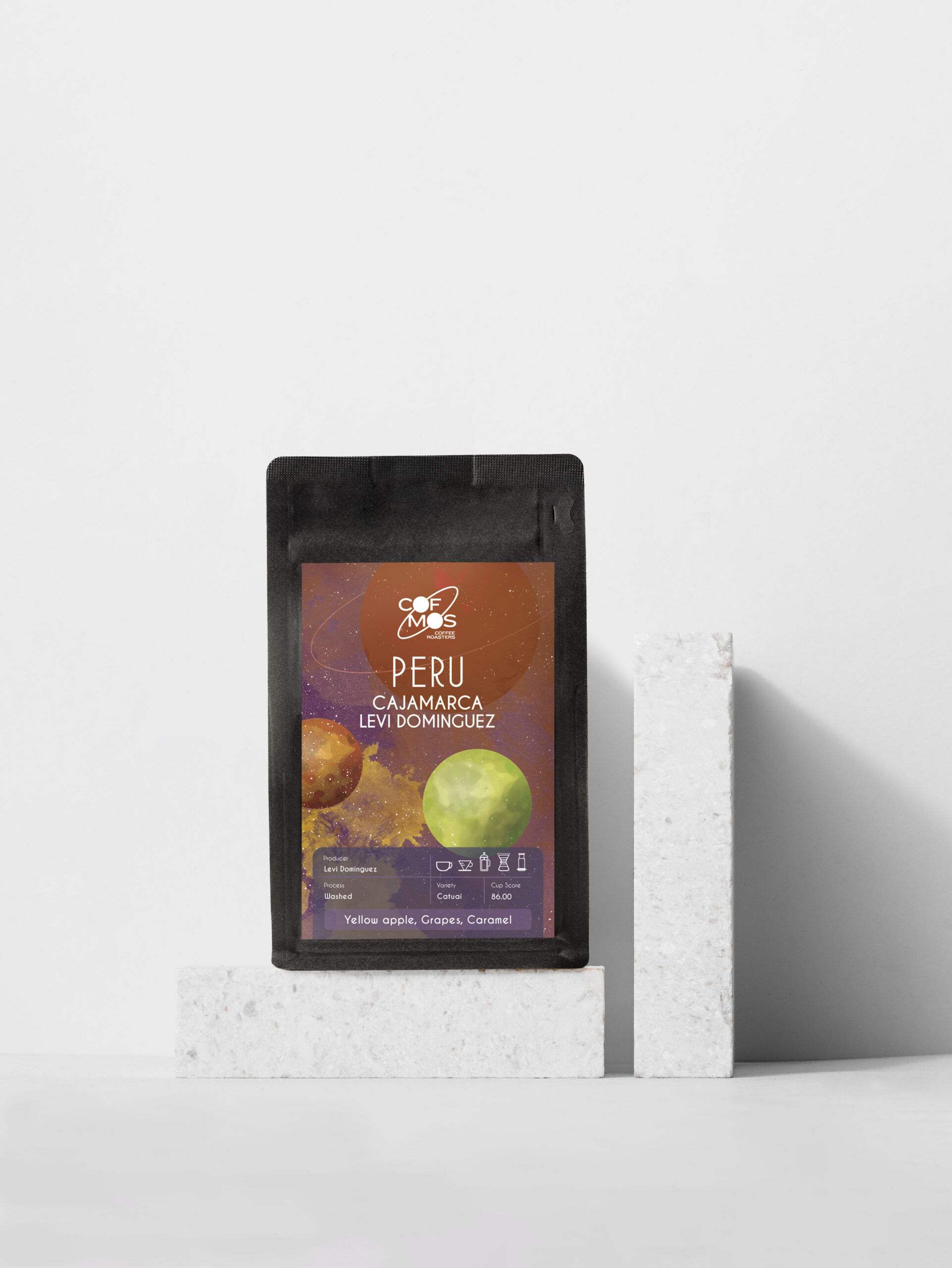
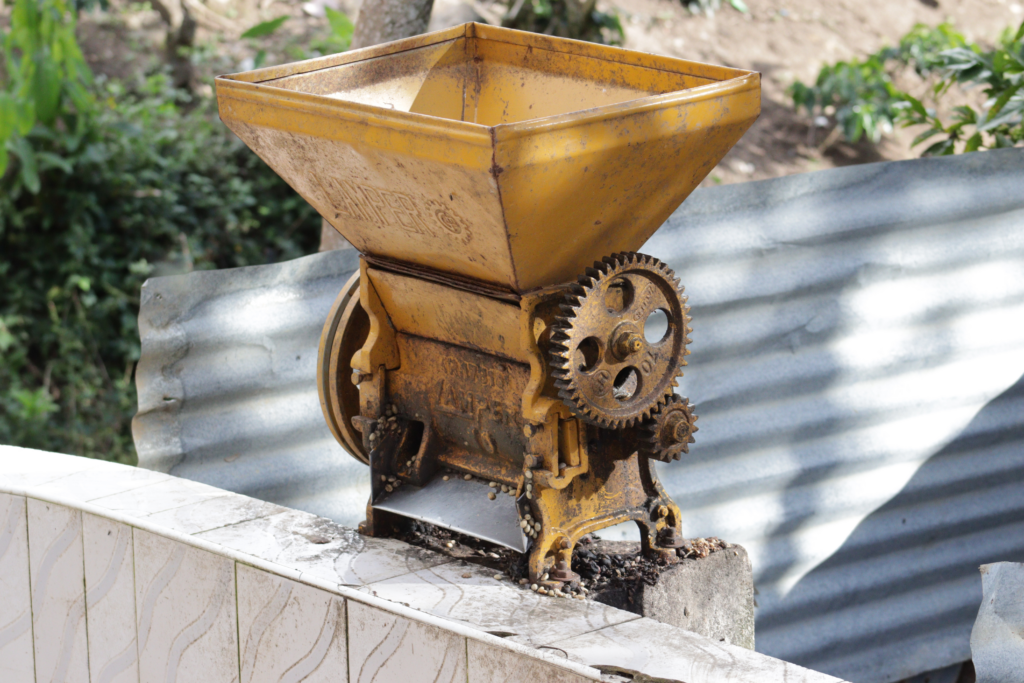
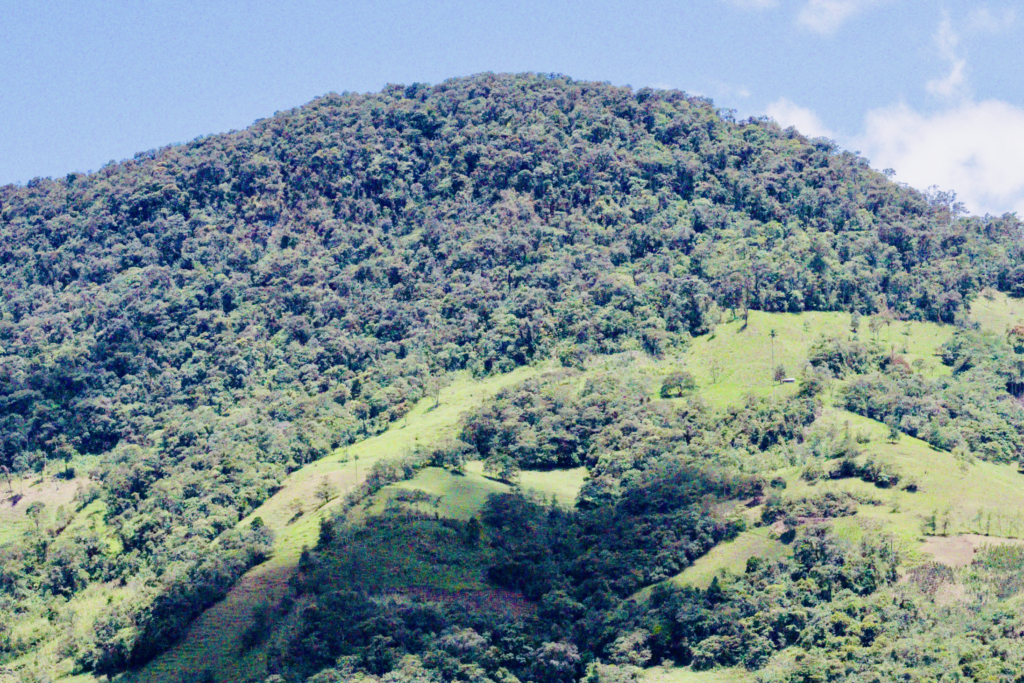
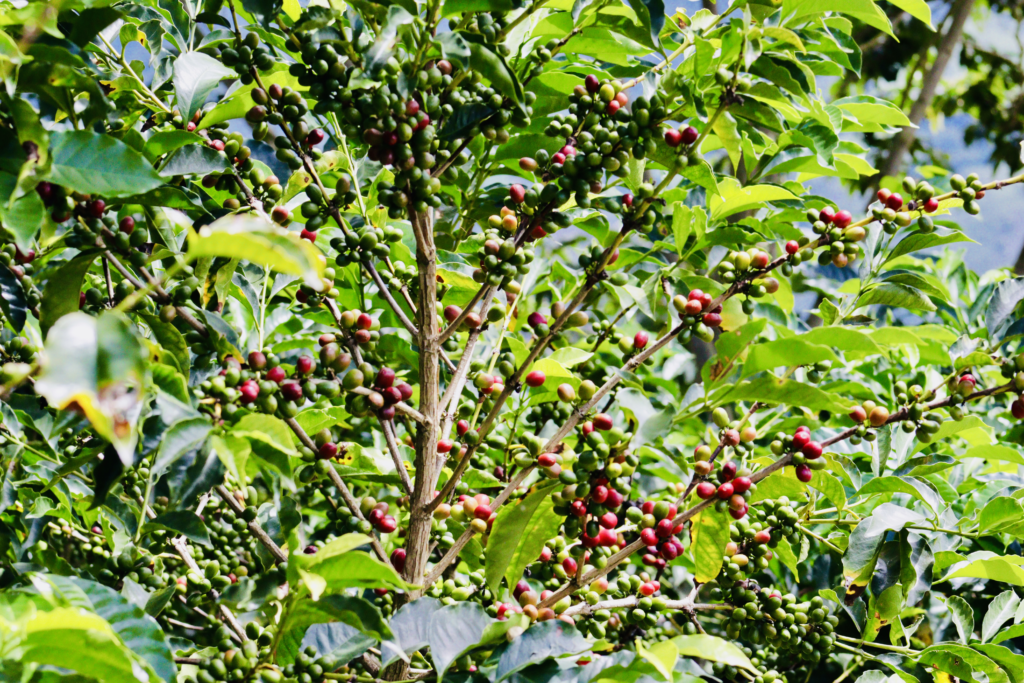



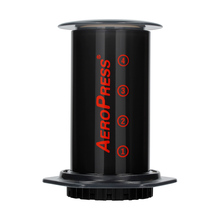
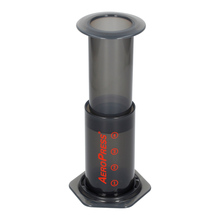

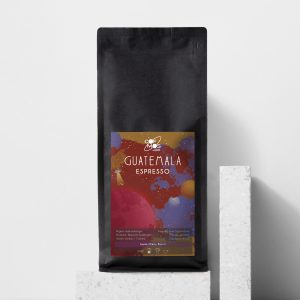
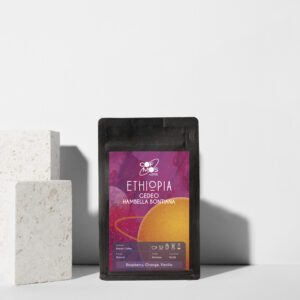


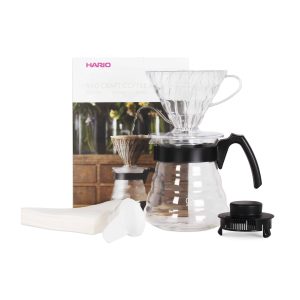
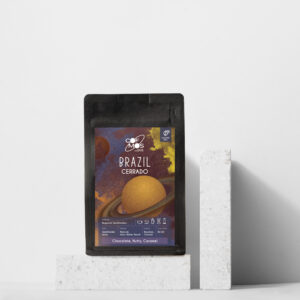
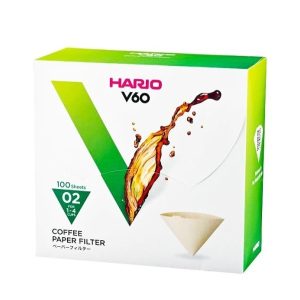
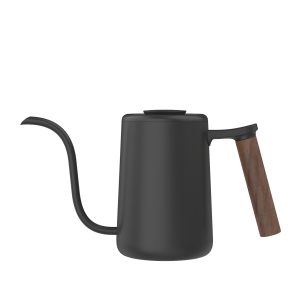
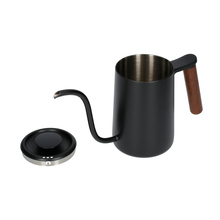
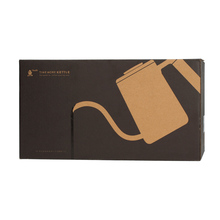

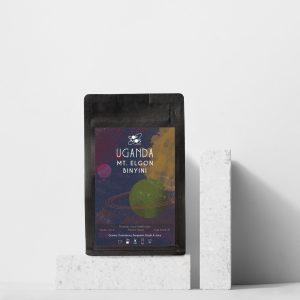


Atsiliepimai
Atsiliepimų dar nėra.